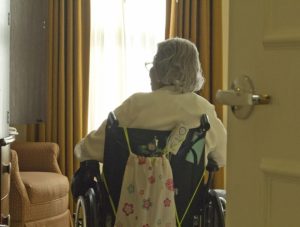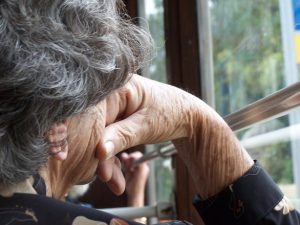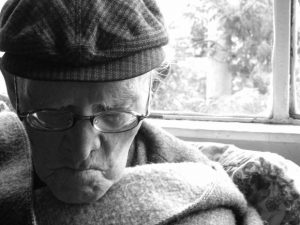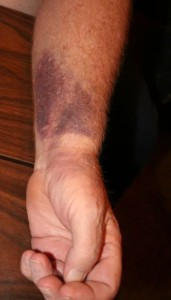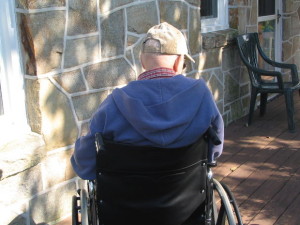A nurse was reportedly fired from her nursing home position after she reported alleged abuse of residents to authorities and now, a jury has awarded her $5.2 million for wrongful termination. 
Although this is technically an employment law case, it highlights the atmosphere that allows abusive, neglectful and negligent actions to persist in a nursing home setting. As our nursing home abuse attorneys know, employment actions pertaining to a nursing home can shed a lot of light into the kind of workplace it was, and therefore the type of care facility it was.
As the National Center on Elder Abuse reports, the prevalence of elder abuse today is roughly 10 percent of all seniors, who suffer physical abuse, psychological and verbal abuse, sexual abuse, financial exploitation and neglect. One ground-breaking study in New York revealed that some 260,000 elder adults in that state (or about 1 in 13) suffered some type of abuse in the previous 12 months. Data from Adult Protective Services at the state level indicate these are increasing trends, and are likely to continue on this trajectory as the population ages without adequate care facilities to meet their needs.
Potential risk factors for nursing home abuse in Florida include:
- Dementia;
- Experience of previous traumatic events (i.e., domestic and interpersonal violence);
- Being female;
- Low income/ poverty;
- No spouse/ partner.
 Florida Injury Lawyer Blog
Florida Injury Lawyer Blog


